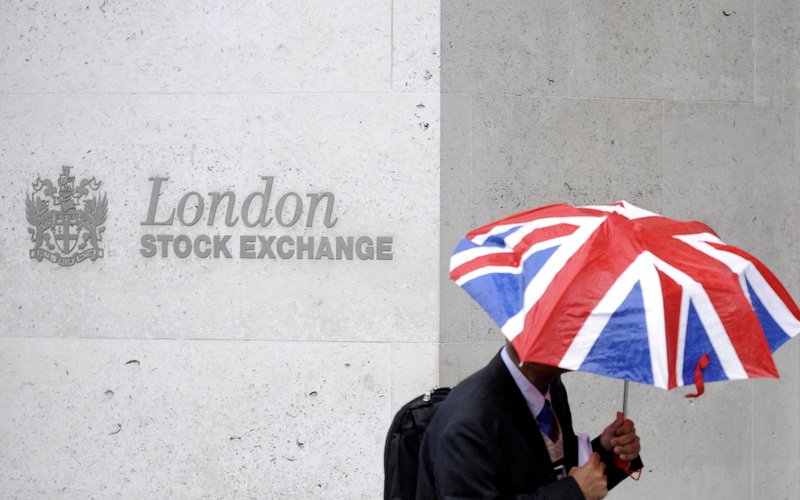After an unexpected second-quarter GDP growth, London’s FTSE 100 index navigates currency-related challenges. The recent surge in the pound’s value has exerted pressure on the index, leading to a nuanced financial landscape. This article offers a comprehensive analysis of the factors at play, shedding light on the repercussions, underlying dynamics, and the broader implications for both the UK economy and international investors.
Navigating Currency Volatility: FTSE 100’s Predicament
The FTSE 100 index, a benchmark of London’s stock market performance, has encountered unique challenges due to unexpected currency fluctuations. The surprising growth in second-quarter GDP has triggered an appreciation of the pound, exerting a downward pull on the index. This situation highlights the intricate interplay between macroeconomic indicators and currency dynamics that can influence equity markets.
Dissecting the Phenomenon: Key Insights
1. Impact of Currency Appreciation
The sudden uptick in the pound’s value directly impacts the FTSE 100 index, primarily affecting companies with significant international operations. As the pound strengthens, the value of foreign earnings these companies generate is diminished when converted back to the local currency. This can lead to reduced profitability and impact stock prices within the index.
2. Export and Import Dynamics
Currency appreciation also influences the export and import dynamics of the UK economy. While a stronger pound makes imports relatively cheaper, it can make exports less competitive in global markets. This can potentially affect the performance of companies dependent on international trade, thereby contributing to the overall market sentiment and FTSE 100 movements.
3. Investor Sentiment and Asset Allocation
The FTSE 100’s response to currency-related pressures is closely tied to investor sentiment and asset allocation strategies. Currency movements can prompt investors to reassess their portfolio allocations, potentially leading to shifts between domestic and international assets. This, in turn, can contribute to fluctuations in the index as investor preferences adapt to changing currency dynamics.
Implications for the UK Economy and Global Investors
The FTSE 100’s reaction to currency pressures has broader implications for the UK economy and global investors. While currency appreciation may reflect underlying economic strength, its impact on the stock market warrants careful consideration. Investors, particularly those exposed to the FTSE 100, must navigate the nuances of currency volatility and assess the potential trade-offs between currency gains and equity performance.
Conclusion: A Balancing Act of Economic Forces
In conclusion, London’s FTSE 100 finds itself at a crossroads as it grapples with the implications of currency appreciation following an unexpected surge in second-quarter GDP growth. The delicate balance between currency dynamics and equity market performance underscores the intricate dance of economic forces in shaping financial landscapes. As market participants navigate this nuanced environment, they must remain vigilant and strategic in their approach, recognizing the potential for currency-related challenges to impact investment decisions and reshape the FTSE 100’s trajectory in the near and long term.













































Comment Template